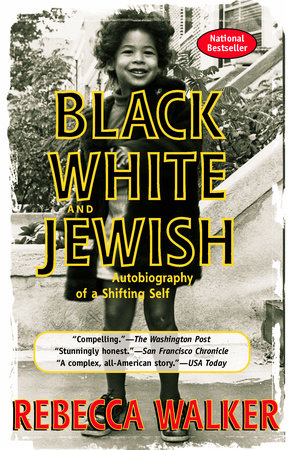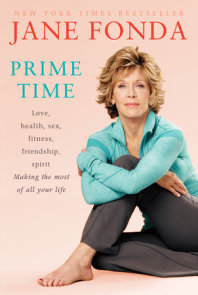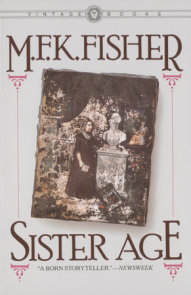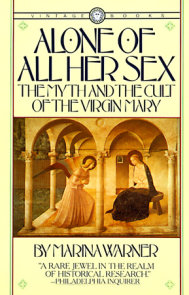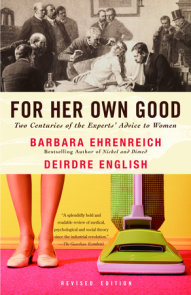READERS GUIDE
Questions and Topics for Discussion
INTRODUCTION
Black, White, and Jewish is the story of a child’s unique struggle for identity and home when nothing in her world told her who she was or where she belonged. Poetic reflections on memory, time, and identity punctuate this gritty exploration of race and sexuality. Rebecca Walker has taken up the lineage of her mother, Alice, whose last name she chose to carry, and has written a lucid and inventive memoir that marks the launch of a major new literary talent.
ABOUT REBECCA WALKERRebecca Walker has written for or been featured in stories in The New York Times, The Chicago Times,Harper’s Bazaar, Elle, Esquire, and U.S. News & World Report, and has appeared on CNN, MTV, and Charlie Rose. She is the founder of Third Wave Direct Action Foundation, a national nonprofit organization devoted to cultivating young women’s leadership and activism.
Praise
“The daughter of famed African American writer Alice Walker and liberal Jewish lawyer Mel Leventhal brings a frank, spare style and detail-rich memories to this compelling contribution to the growing subgenre of memoirs by biracial authors about life in a race-obsessed society. Her artfulness in baring her psyche will, spirit and sexuality will attract a wealth of deserved praise.”
—Publishers Weekly (starred review)
DISCUSSION QUESTIONSWhile most teenagers struggle to move away from their parents, Rebecca Walker searches for closeness with her immediate and extended families. Why is it so difficult for her to enjoy the independence she is given?
Rebecca recalls how a drunk student walks into her dorm room at Yale and asks if she is “really black and Jewish.” After he leaves, Rebecca sits in the dark wondering whether she is “possible.” Self-doubt appears to be a recurring theme in her life. How do her self-perceptions change as she moves between her parents’ houses, from Brooklyn to Atlanta to Washington DC to San Francisco to Bronx to Larchmont and back to San Francisco? Discuss her experiences in different neighborhoods and how her self-acceptance is shaped by social acceptance.
Rebecca becomes sexually active earlier than an average teenager. What is the meaning of sex in her life? How has it changed since her early experiences? Does she manage to find her true identity through her lovers? Discuss her experience with Michael and with Andrew. How does the color of their skin (Michael is black, Andrew is white) affect their relationships with Rebecca?
What was your reaction to Rebecca having an abortion at the age of 14? Can you explain why she didn’t grieve for her unborn child?
Rebecca is candid about her experimentation with drugs. Do you think she really had a choice not to take them? Discuss how our peers can sometimes make decisions for us and why we accept their decisions.
What does it mean to Rebecca to be a “movement child”? How — if at all — does the meaning change from the beginning of the book, when she sees her parents happily married, to the end, when she struggles with their uneasiness during her graduation party?
Throughout her childhood and adolescence and after her parents divorced, Rebecca must make choices between her mother’s African American heritage and her father’s Jewish heritage. Has she found peace with herself being biracial and thus “the translator, the one in between, the one serving as the walkway between two worlds”? Or, has she chosen one over the other? Why does she feel more of an affinity towards her black ancestors?
The book begins and ends with a discussion of memory. What is the meaning of memory in Rebecca’s life? Does she refer to her brain’s ability to retain information or to some deeper innate knowledge? What knowledge is it? What is “genetic memory”? What role does it play in our lives? How does the discussion on memory at the beginning differ from the one at the end?
What is significance of the subtitle? Why does Rebecca refer to her self as “a shifting self”? Has she found a place where she is no longer “shifting”?









